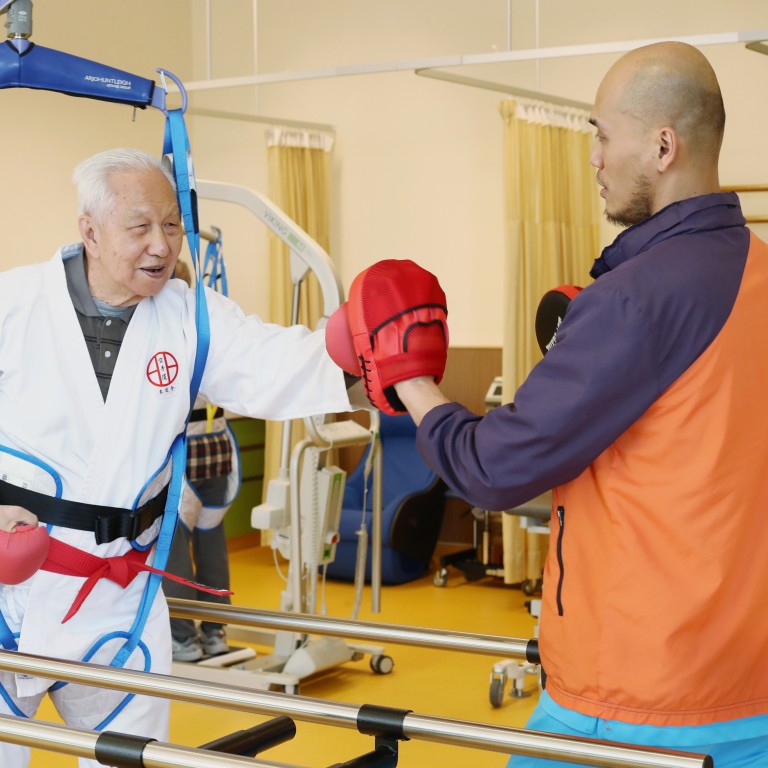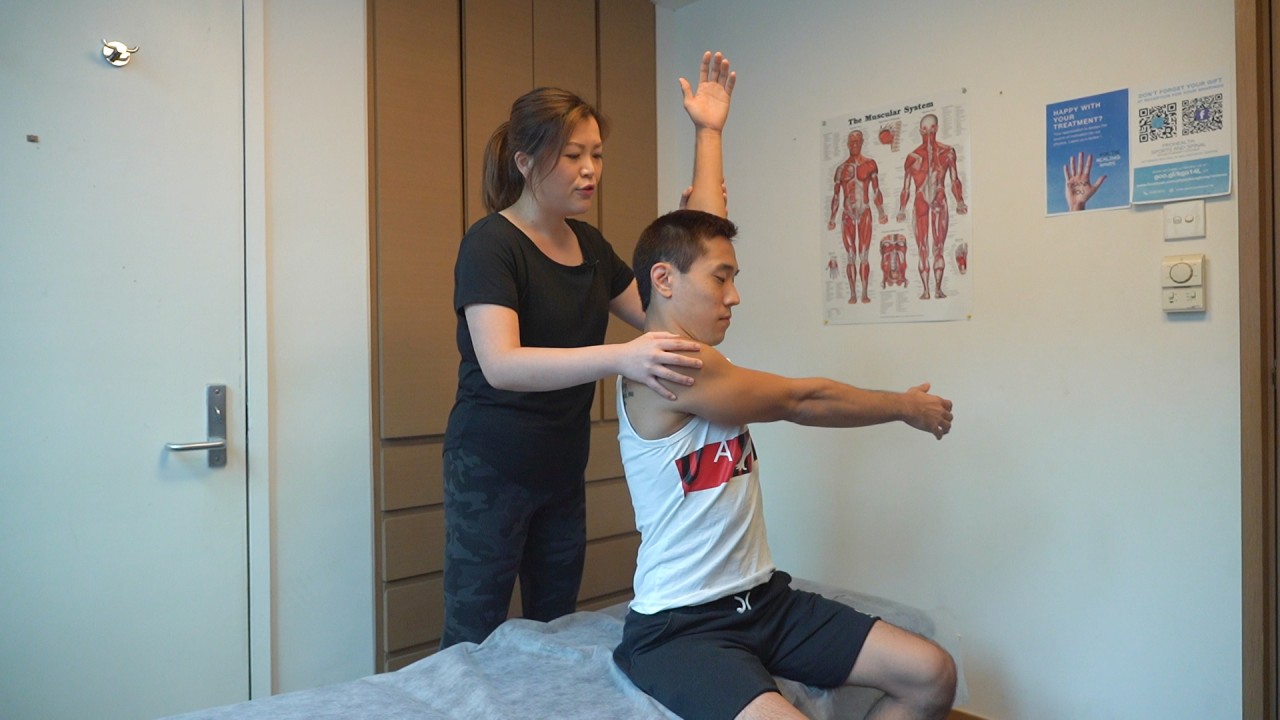
Letters | Physiotherapists ready to play bigger role in Hong Kong’s health care
- Readers discuss developments in physiotherapy, the finance sector’s role in fossil fuel divestment, language learning and the contributions of older workers
First, starting with the entry-level education programme, physiotherapy students are trained to use the best available research evidence when making clinical decisions. Students are exposed to different scenarios to be trained in clinical reasoning and differential diagnosis skills.
Both the academic and clinical education components are designed to meet international standards as specified by World Physiotherapy. With these stringent requirements, the new generation of locally trained physiotherapists is equipped to practise independently when direct access is implemented.
Lifelong learning is the motto of physiotherapists. According to the 2017 Health Manpower Survey conducted by the Department of Health, about 90 per cent of registered physiotherapists had received additional training in various speciality areas. Among them, about 65 per cent had obtained a master’s degree in postgraduate studies. We have full confidence that registered physiotherapists in Hong Kong are confident, competent and equipped to offer direct access.
Second, physiotherapists play a vital role in disease prevention and health promotion. Entry-level physiotherapy programmes include dedicated courses and clinical placement in primary health care and community-based rehabilitation. The existing entry-level programmes are designed to prepare our graduates to serve in these settings.
Third, the Hong Kong Physiotherapy Association, together with education institutions, has long provided continuing education courses in different speciality areas. The aim is to ensure Hong Kong residents with different health care needs can benefit from the latest developments in physiotherapy services.
We will continue to work with local and overseas physiotherapy schools and local accredited development providers in preparing more opportunities for practising physiotherapists to pursue continuing education.
Professor Marco Pang, president, Hong Kong Physiotherapy Association
Finance sector must be clear on climate change efforts
Yet, in response to our inquiry about its disclosure policy for banks that financed fossil fuel projects, the SFC asked us to contact the HKMA, which is the frontline regulator of banks.
Zishan Feng, Yichun Wang, Kowloon Tong
Kindergarten just one part of language learning
I want to point out that all kindergartens are under private sector control in Hong Kong. There are government guidelines regarding the curriculum. Those guidelines emphasise whole-person development and play-based learning, even when language is being taught. They are not strictly enforced.
If you come across a young person with excellent Chinese or English at a very young age, that ability likely came from the family environment. No amount of daytime instruction can give this to a young child.
Having said that, it is normal for families in Hong Kong to provide extra tutoring to kindergarten-age students in Chinese and English, even if it is their mother tongue.
In other words, it takes a whole-team approach to get a four- or five-year-old into one of the top local primary schools. The kindergarten itself is just one piece of the puzzle.
Eleanor Jones, Morrison Hill


